Last week, our Firpangen Project team had the privilege of hosting a session at the EAA Archaeological Congress in Belgrade, titled “Biological and Social Aspects of Infectious Diseases in the Common Era: From Case Studies to Population-Based Research.”
The session brought together researchers and specialists from Hungary, Croatia, Germany, Serbia, and Denmark to discuss both individual case studies and large-scale investigations of infectious diseases in the past. The presentations and discussions offered valuable insights into differential diagnosis, bioarchaeological methods, and the social dimensions of health and disease.
A particular highlight was a talk exploring the social impact of infectious diseases during the Middle Ages, which provided new perspectives on how historical communities understood and responded to illness.
This session underscored the importance of interdisciplinary and international collaboration in advancing our understanding of the history of human health. We are grateful to all our colleagues for contributing to such an engaging and thought-provoking exchange.
